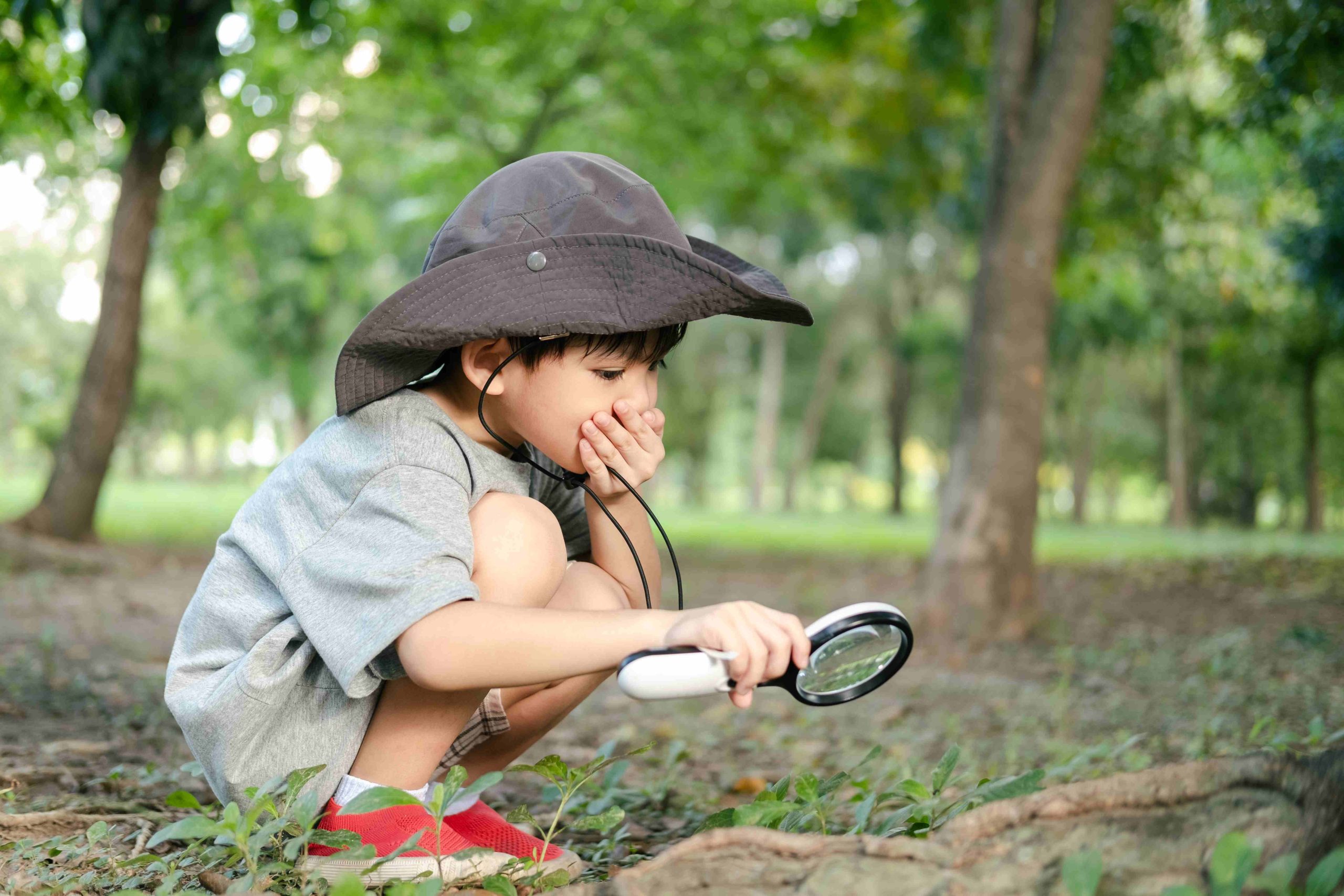
Exploring the Wonders of Science: Preschool Science Concepts for Discovery and Learning
The Importance of Science Education for Preschoolers
Preschool science education is essential because it helps young preschoolers to develop critical thinking skills and encourages them to explore and understand their world. At this age, preschoolers are naturally curious, and science activities provide a way for them to satisfy their curiosity and learn through exploration.
Research has shown that early exposure to science education can help to increase a child’s interest and engagement in science, which can have a positive impact on their academic performance in the future. By engaging in science activities, preschoolers can develop important skills such as observation, measurement, and problem-solving. These skills are essential for success in science and other subjects.
The Five Senses
Preschoolers can explore the world through their senses. Each sense offers unique opportunities for exploration and learning:
- Sight: Preschoolers can learn about light and color by examining objects of different colors and textures.
- Hearing: Preschoolers can learn about sound by listening to different types of music or sounds.
- Touch: Preschoolers can learn about texture and temperature by touching different objects.
- Smell: Preschoolers can learn about smells by exploring different scents.
- Taste: Preschoolers can learn about taste by trying different foods and exploring different flavors.
Basic Physics Concepts
Basic physics concepts are also important for preschoolers to learn. These concepts help them to understand how the world works and how objects interact with each other:
- Gravity: Preschoolers can learn about gravity by observing how objects fall to the ground.
- Motion: Preschoolers can learn about motion by experimenting with different objects and seeing how they move.
- Force: Preschoolers can learn about force by pushing or pulling objects of different sizes and weights.
Life Sciences
Life sciences are another important area of science for preschoolers to explore. By learning about living things, preschoolers can develop an appreciation for the natural world and understand the importance of protecting it:
- Plants: Preschoolers can learn about plants by observing how they grow and change over time.
- Animals: Preschoolers can learn about animals by observing their behavior and habitats.
Science Activities for Preschoolers
There are many science activities that are perfect for preschoolers. These activities provide opportunities for hands-on exploration and learning, and can be easily adapted to suit different interests and abilities:
- Sensory bottles: Fill bottles with different materials such as water, oil, or beads to create a sensory experience for preschoolers.
- Baking soda and vinegar experiment: Mix baking soda and vinegar together and watch as they react and create a fizzy eruption.
- Nature walk: Take preschoolers on a nature walk and encourage them to explore their surroundings.
- Sink or float experiment: Fill a container with water and gather different objects for preschoolers to test whether they sink or float.
- Colour mixing: Use food coloring to create different colors and encourage preschoolers to mix them together.
The Importance of Hands-on Learning
Hands-on learning is essential for preschoolers when it comes to learning science concepts:
- Preschoolers learn by doing, and hands-on activities provide them with the opportunity to explore and discover on their own.
- Hands-on activities allow preschoolers to experience science concepts firsthand.
Incorporating Science into Everyday Activities
Science concepts can be incorporated into everyday activities, making it easy and convenient for parents and caregivers to teach preschoolers about science:
- Cooking: Cooking provides a great opportunity to teach preschoolers about science concepts such as measuring and mixing.
- Gardening: Gardening provides a great opportunity for preschoolers to learn about life sciences.
- Bath time: Bath time provides a great opportunity for preschoolers to explore science concepts such as water displacement and buoyancy.
- Building: Building with blocks provides a great opportunity for preschoolers to learn about physics concepts such as balance and gravity.
Creating a Science-Rich Environment
Creating a science-rich environment is important for encouraging preschoolers to explore and discover science concepts on their own:
- Provide science materials such as magnifying glasses and balance scales.
- Display science-related items such as posters or books.
- Ask open-ended questions that encourage critical thinking.
- Encourage exploration and experimentation.
Science Concepts for Preschoolers
Preschoolers are natural explorers and scientists, and there are many science concepts that are suitable for their age and development:
- Living things: Preschoolers can learn about plants and animals.
- Matter: Preschoolers can learn about different materials and their properties.
- Energy: Preschoolers can learn about different types of energy.
- Earth and space: Preschoolers can learn about the world around them.
- Forces: Preschoolers can learn about forces that affect motion.
Resources for Teaching Preschool Science
There are many resources available to parents and caregivers who want to teach preschoolers about science:
- Preschoolers’s books
- Science kits
- Online resources
- Museums and science centers
Hands-On Science Activities for Preschoolers
Hands-on science activities are a great way to engage preschoolers in learning about science concepts:
- Sink or float
- Nature walk
- Shadow tracing
- Ice exploration
- Rainbow discovery
Benefits of Teaching Preschool Science
Teaching preschoolers about science concepts has many benefits for their overall development and learning:
- Develops critical thinking skills
- Fosters curiosity and creativity
- Enhances language and communication skills
- Promotes social and emotional development
- Prepares for future learning
Conclusion
In conclusion, introducing science concepts to preschoolers is a crucial part of fostering their general growth and education. Preschoolers may be encouraged to enjoy science and excel in all areas of learning by giving them hands-on learning opportunities, employing the right tools, and encouraging a spirit of wonder.


